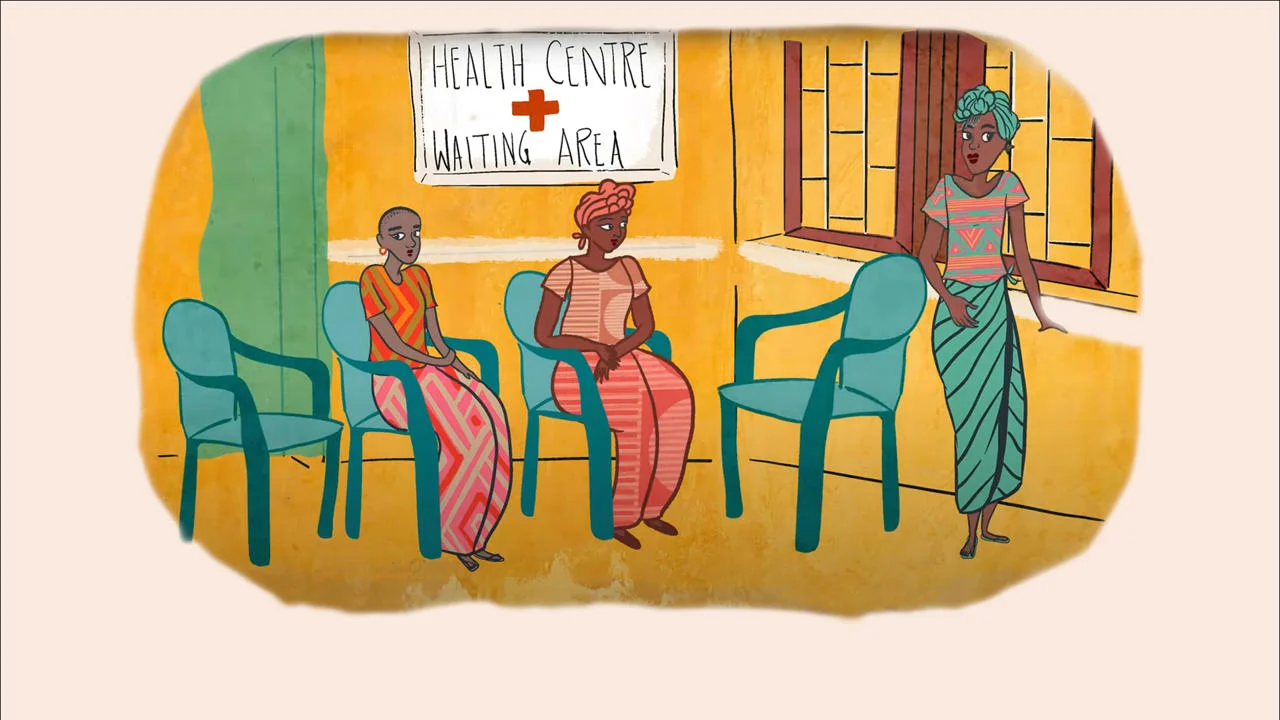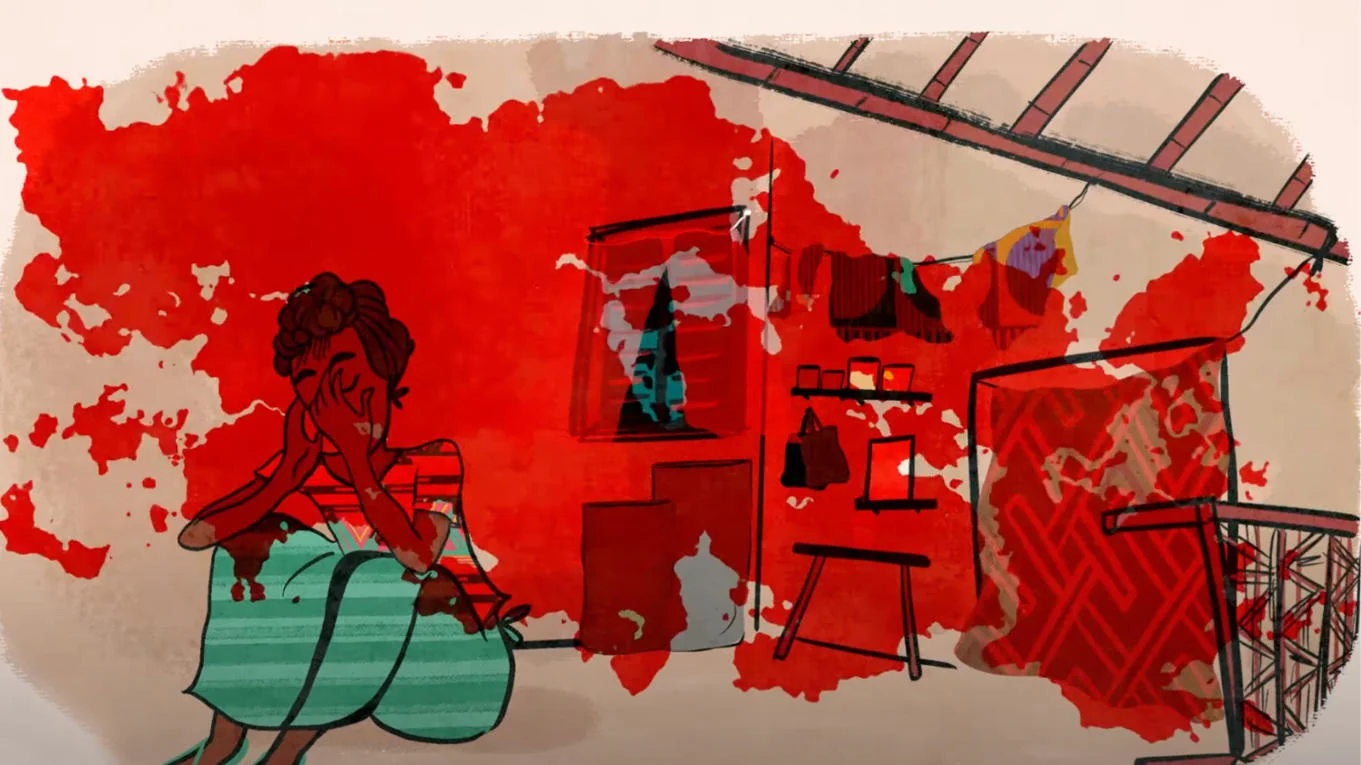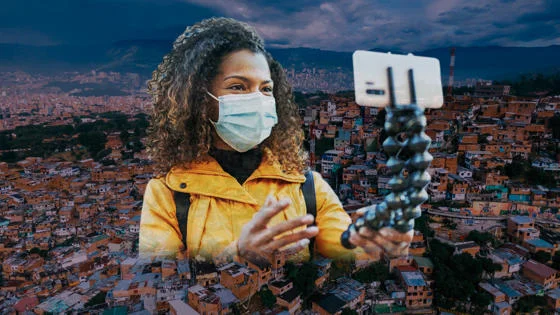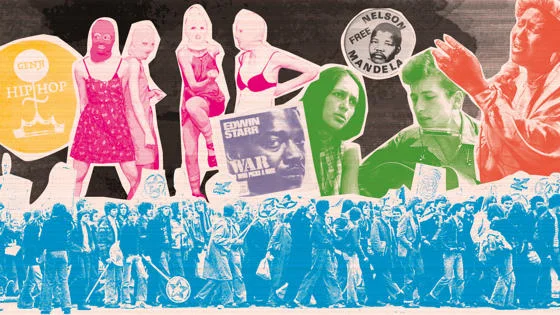Mwansa’s story: barriers to contraception and safe abortion in Sub-Saharan Africa

Contents
- Mwansa's Story explores the barriers young girls face in accessing contraception and safe abortion services
- How to improve access to contraception and abortion for adolescents in sub-Saharan Africa: the journey from research to film
- Non-judgemental and strictly confidential: working with creatives to bring sensitive research to life
- The lack of power experienced by these young girls is a global issue – and access to information is key
- WHO Health for All festival awards
Although safe and legal abortion is available in Zambia, more than 60 per cent of adolescent girls try to terminate pregnancies unsafely, many of them resorting to dangerous methods such as the use of sticks, herbs and rat poison. Even for adolescents who know that safe abortion is available, the multiple barriers to accessing this care result in unsafe abortions.
These new LSE research findings are now the subject of an acclaimed series of animated films, one of which was recently shortlisted for a World Health Organisation award.
Mwansa's Story explores the barriers young girls face in accessing contraception and safe abortion services
Mwansa’s Story explores how Zambian girls and young women attempt to end unwanted pregnancies on their own. Mwansa is a typical schoolgirl who describes how her dreams of going to university appear to be dashed when she becomes pregnant after her long-term boyfriend convinces her that it is safe to have sex without a condom.
Desperate for help, she confides in a friend who reveals how she also fell pregnant after being led to believe that headache pills were an effective contraceptive. Her friend explains how she used herbs to induce an abortion and bled heavily for two days before seeking help at a local clinic. There she met other girls who had also been misled and exploited – by boyfriends, partners or healthcare workers.
Mwansa is advised by her friend to go straight to the clinic where she is given free medication to end her pregnancy and advice on contraception from a friendly local healthcare worker. The story ends with Mwansa describing her relief that she can now stay at school and achieve her ambitions - with few people knowing that she has had an abortion.
We saw time and time again how it can be very difficult for girls to negotiate contraceptive use, to know what the options are and to receive care that isn’t judgemental or pre-determined.
How to improve access to contraception and abortion for adolescents in sub-Saharan Africa: the journey from research to film
The film is based on research led by Ernestina Coast, Professor of Health and International Development at LSE, in partnership with an international team of collaborators. The team interviewed more than 300 girls and young women aged between 10 and 19 in Ethiopia, Malawi and Zambia, with the aim of establishing how contraception and abortion services for adolescents in Sub-Saharan Africa can be improved. Professor Coast and her team were so moved by their stories that it inspired a radical change of direction.
"We felt that we could communicate our findings through the usual ways to researchers, high-level policymakers and professional organisations. We had not initially set out to communicate our research findings directly to adolescents, but we had over 300 transcripts from adolescents who had had an abortion and, as one of my collaborators has described it, we felt the weight of what we were hearing and reading.
"Some of them had managed to navigate the health system to have safe abortions, but many of them had taken incredible risks to their lives on all sorts of levels. Their testimony is so powerful that we thought, ‘This isn’t good enough that we haven’t set out to communicate to the people who could use it most.’"

Non-judgemental and strictly confidential: working with creatives to bring sensitive research to life
With the help of LSE’s Knowledge Exchange and Impact fund, the team worked with PositiveNegatives, a not-for-profit organisation which produces literary comics, animations and podcasts about contemporary social and humanitarian issues. They also collaborated with Ipas, the international, non-governmental organisation that works to improve access to safe abortions and contraception.
The high number of unsafe abortions in Zambia speaks to the stigma they feel, even though abortion is legally provided for.
Professor Coast explained: "PostiveNegatives are based in London, but the designers and the script-writers we worked with were not. They spent time discussing and synthesising our research findings with Ipas youth coordinators and young people in Lusaka, Lilongwe and Addis Ababa. What was a whole new experience for me, as somebody who is just a researcher, was working with organisations which worked incredibly hard to engage and work with young, feminist creatives in each of the three countries."
One of the collaborators for Mwansa’s story in Zambia was former LSE MSc student, Ngosa Chungu, who was involved in the audio content.
Professor Coast added: "We shared anonymised transcripts from our research with our collaborators so they could literally use the anonymised words of the girls we interviewed. That’s why the scripts are so true to what adolescents told our research assistants. Of course, they’re a distillation of lots of stories, but the realities are really brought to life, for example what happens in relationships between girlfriends and boyfriends rings very true."
The lack of power experienced by these young girls is a global issue – and access to information is key
Professor Coast explained how researchers were put in touch with the girls through healthcare workers at healthcare facilities, promising strict confidentiality and seeking assent or consent dependent on the individual’s characteristics and circumstances.
"We saw time and time again how it can be very difficult for girls to negotiate contraceptive use, to know what the options are and to receive care that isn’t judgemental or pre-determined. This isn’t unique to these three countries - we can see these patterns globally – but I think the lack of power that girls have over their own bodily autonomy was something that came through very strongly.
"We see a lot of adolescents who had heard of contraception or family planning but had understood that it wasn’t for them because they weren’t married, or it would make you infertile. There were also many adolescents for whom violence was implicated: sexual coercion, rape, was the cause of the pregnancy.
"The high number of unsafe abortions in Zambia speaks to the stigma they feel, even though abortion is legally provided for. We see something very different in Ethiopia, where there has been a lot of work to de-stigmatise the provision of this form of essential health care and to provide abortion care, but there are still issues with adolescents being turned away or experiencing critical delays in their care-seeking. In Malawi, a highly restrictive abortion law means that most abortions are unsafe.
"One of the major motivators for doing the animations was because it was quite clear that a lot of girls found themselves on trajectories just because they didn’t have the right information."
WHO Health for All festival awards
Mwansa’s Story was one of a handful of films shortlisted for a prize at the WHO Health for All Film Festival, which attracted nearly 1,200 entries from across the globe.
Professor Coast’s team is working with social media organisations to maximise the audience for the three animations, including low-bandwidth versions that can be shared on WhatsApp. The team has also received a Changing Policy and Practice Award from the Medical Research Foundation to increase their impact.
You can view all the films and comics from the LSE research project.
Professor Ernestina Coast was speaking to Joanna Bale, Senior Media Relations Manager at LSE.
Image from: PositiveNegatives. Artist: Debasmita Sadgupta
Download a PDF version of this article




